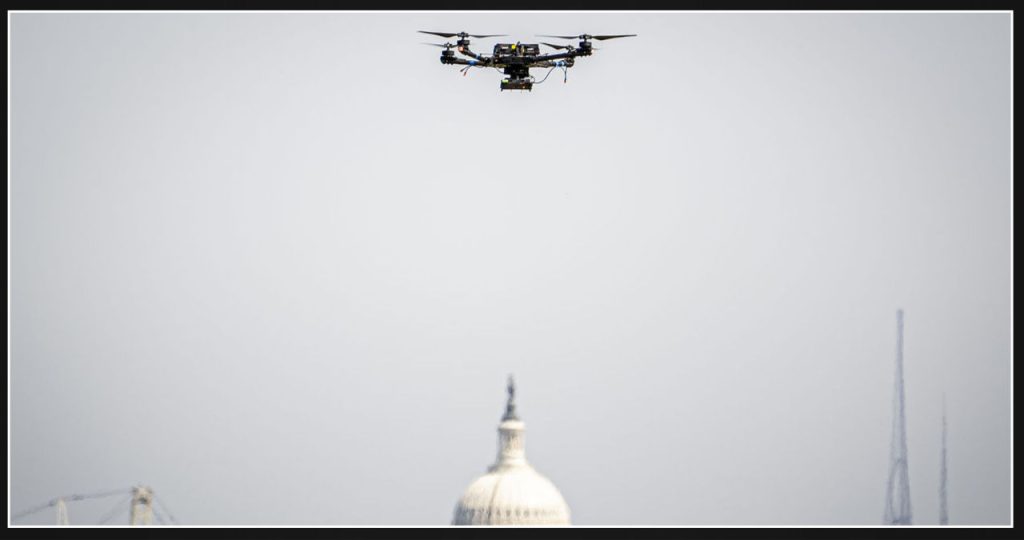What’s New
This Article Includes
The new government spending bill is set to extend the timeframe for individuals who have been injured by COVID-19 “countermeasures,” including vaccines, to file a claim for compensation.
The bill, which exceeds 1,500 pages, also allows for the refiling of certain claims that were previously denied.
Why It Matters
People who have filed claims under section 319F-4 of the Public Health Service Act, which established the Countermeasures Injury Compensation Program (CICP), may qualify for financial compensation if they have experienced injuries due to “countermeasures,” such as vaccines, during a public health crisis.
The recently passed continuing resolution (CR), a temporary spending bill that Congress will utilize to provide funding for the federal government in the short term, includes an extension of the filing deadlines. These deadlines, outlined in the CICP, are now set to one year from the date of the administered countermeasure that is believed to have caused injury.
Claims related to the administration or use of the covered countermeasure must be filed within three years or one year after the date of enactment of this Act, whichever is later.
The new bill, which is expected to pass this week, would extend the deadline for filing claims until December 2025.
The document also mentions that individuals can refile claims that were denied due to not being filed within the required time period, thus giving them the opportunity to reopen their claims.
A countermeasure, according to the Department of Health and Human Services, refers to a vaccine, medication, device, or any other item that is employed to prevent, diagnose, or treat a public health emergency or a security threat.
On Wednesday, Newsweek sent an email to the Health Resource and Services Administration (HRSA), an agency under the U.S. Department of Health and Human Services (HHS), seeking comment and confirmation.
What to Know
The federal public health emergency declaration for the COVID-19 pandemic ended in May 2023, despite the ongoing circulation of the virus and the recent increase in cases.
According to the Centers for Disease Control and Prevention, millions of people were infected by the virus, and it claimed the lives of over 1.2 million Americans.
COVID-19 vaccines were first authorized by the U.S. Food and Drug Administration (FDA) under Emergency Use Authorization. The vaccination campaign began in December 2020.
Since the initial administration of COVID-19 vaccines in the U.S. four years ago, they have sparked controversy, protests, and the spread of misinformation and conspiracy theories.
There are individuals who express doubt regarding the vaccine’s effectiveness, while others hold the belief that its components can lead to permanent side effects and negative consequences. The CDC acknowledges that there have been instances of severe reactions to the vaccines, such as anaphylaxis and myocarditis, but emphasizes that these cases are extremely uncommon.
Vaccine skeptics have taken legal action against state and employer vaccine mandates, arguing for the protection of religious freedoms and expressing concerns about the vaccine’s contents and potential health implications. The support or opposition to vaccines and vaccine mandates tends to align with political affiliations.
What People Are Saying
In an interview with The Hill, Republican Representative Marjorie Taylor Greene from Georgia expressed her concern, stating, “This is not just a continuation of the budget, it’s starting to turn into an omnibus.”
In a statement issued on Tuesday, Chuck Schumer, the Senate Majority Leader from the Democratic Party, expressed his satisfaction with the agreement reached. He emphasized the importance of avoiding a government shutdown and called for continued bipartisan collaboration in order to prioritize the needs of American families.
What Happens Next
The House will hold a vote this week to determine whether the spending bill will be approved. If the bill fails to pass, the government will be forced to shut down, beginning on Saturday.
Also Read:
- Suspect apprehended after stabbing incident in Dublin
- Texas Police Capture Notorious ‘Saw Bandit’ from Louisiana
